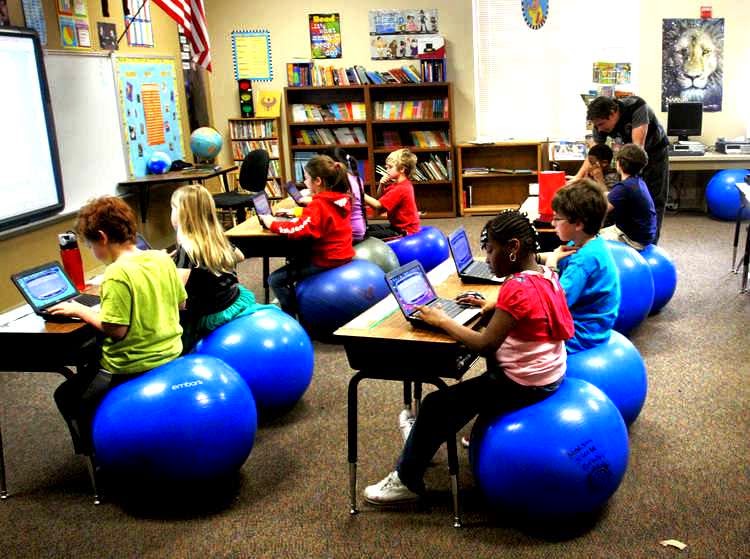“We’re
all in the same house, but we’re also in other worlds.” The film Digital Nation explores all of the different
ways that America is evolving into a more virtual society. Through education,
employment and entertainment, everyone is becoming more and more immersed in
technology. When people are wrapped up
in their game systems, computers and cell phones, it can almost seem like they really
are in a different world. They quietly stare into their screens for hours in a
near hypnotic trance. Many are quick to assume that these types of people are antisocial
and clueless, using the comfortability of technology to escape an uneventful
life. But what if the basis of their life subsists in technology? What if the entirety of a person’s worldly
interaction existed only within the confines of a virtual reality?
Technology
has undoubtedly transformed the way humans spend their time. Hobbies once perceived
as adequate ways to make use of down time are now seen as arbitrary time
wasters. Children are replacing baseball mitts with Xbox controllers; the value
of having the highest score is beginning to take precedence over the value of developing
physical, practical skills. Digital Nation, an online world simulation game called Second Life
is showcased as not just a game, but as an innovative business tool. Users
create an avatar and play as that avatar in a realistic online world with
dozens of others doing the same. Since the game allows voice chatting, it was
proposed that the game could serve as a medium for professionals to have a
virtual meeting. This made me wonder about the apparent overwhelming desire to
convert seemingly everything into a digital version of itself. The role of
video games in professional conferences is an inappropriate one; it feeds into
the concept of using things simply because they are available, not because they
will enhance the usage in any way.
Similarly, the value and principle of physical face
time in professional communication has become deprioritized. Formal conferences
between business associates are becoming less and less formal. Devices with
video chatting capabilities are staples in modern business. Companies cut costs
by setting up Skype calls in lieu of flying someone somewhere for a face to
face meeting. While having the ability to virtually communicate with people
thousands of miles away is convenient and extraordinary, it lacks a certain
intimacy that a real life conversation would provide. In
Perhaps
one of the most important aspects of human life is the ability to communicate
with one another and share thoughts and ideas. In recent years, keeping contact
with others near or far has become easier and faster than we would have thought
possible even two decades ago. With the creation of the internet, having a conversation
with a friend who’s 500 miles away is as quick and as seamless as having a
conversation with a friend sitting next to you. This opens the door for a lot
of personal opportunities. A married couple and a group of friends were briefly
interviewed during a gaming convention in Digital
Nation. The convention was focused around one specific massive multiplayer
online role playing game, World of Warcraft. Users join guilds and fight
against dragons and other mythical creatures with other live players. There is
a chat function, and for many people, it’s a gateway to building relationships
with others, be it romantic or platonic. The couple that was interviewed
claimed to have met each other through this online game, and there are
thousands that can say the same. Everyone in the interviewed friend group
confirmed that before playing together, they were strangers. People seem to be
very protective and caring of the friends that they make online. These people meet
in a place where everyone has similar interests, so there’s little room for
awkward silences. Since the majority of the time that they spend together is
spent doing something enjoyable, negative situations are less likely to present
themselves.
The idea of a
group of random, anonymous strangers working toward a common goal is demonstrated
in these online games. Message boards are full of people asking questions,
giving advice, and even engaging in simple daily conversation. All of this
constant communication has a positive effect on the level of closeness ad
friendliness in society. Regularly speaking with others in a virtual environment
can almost feel real at times. When a person is engrossed in an activity, it
can be easy to momentarily forget that the café his avatar is in is not where
he physically is. Although servers may
be full, and virtual rooms may be crowded with other users, we are all the
company we have beyond the computer.
“Do virtual worlds really bring us together
with others, or do they just make being utterly alone a little more bearable?”














.jpg)




